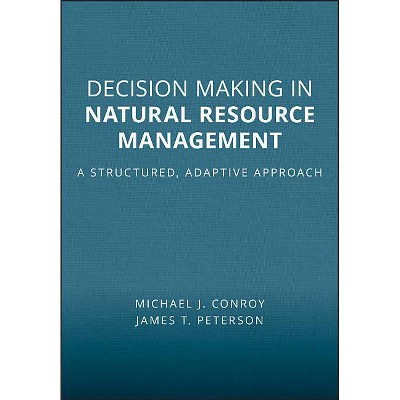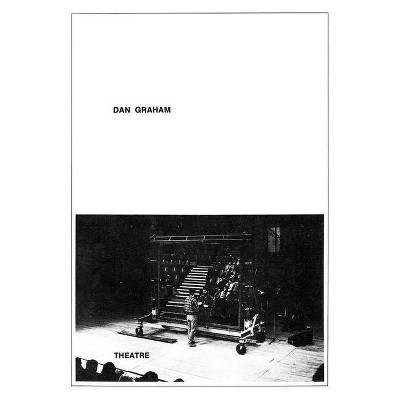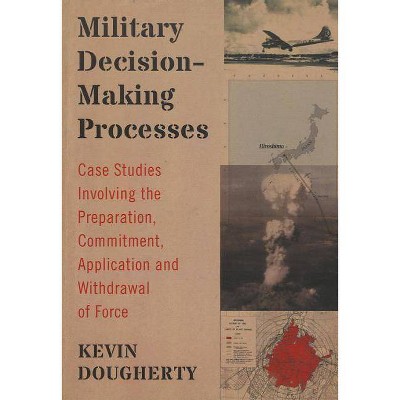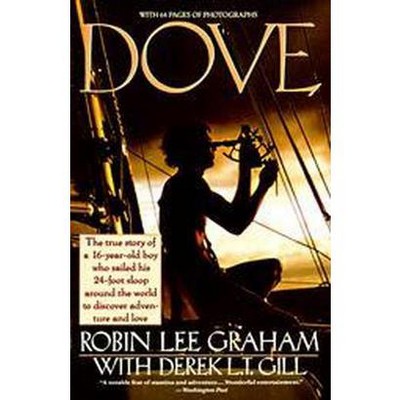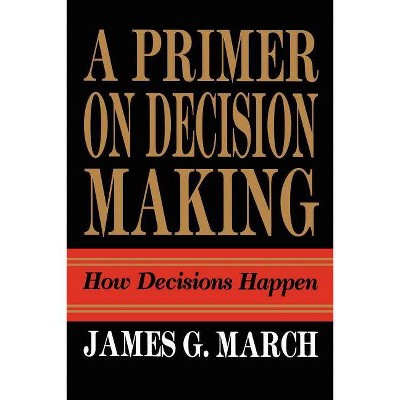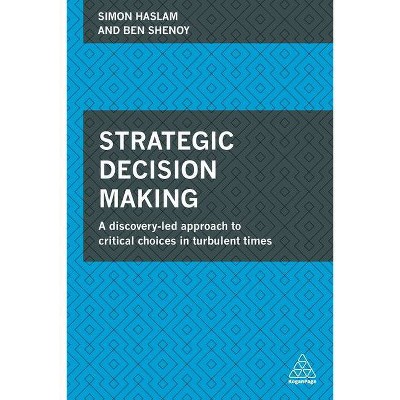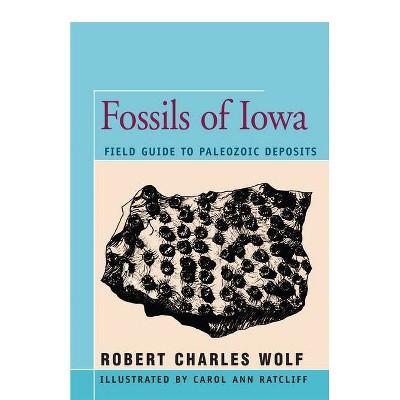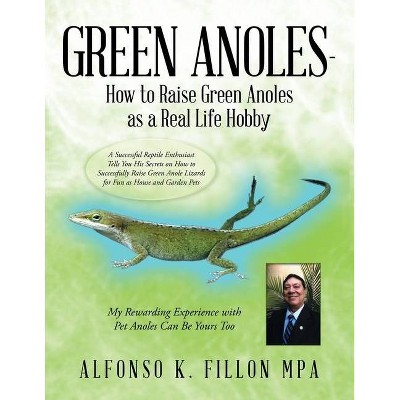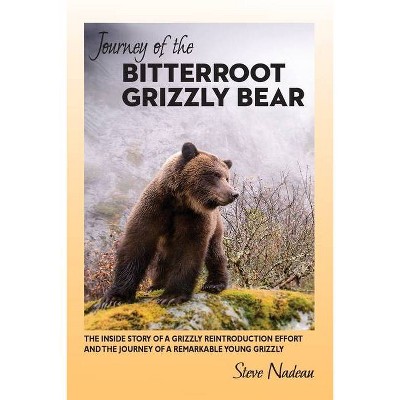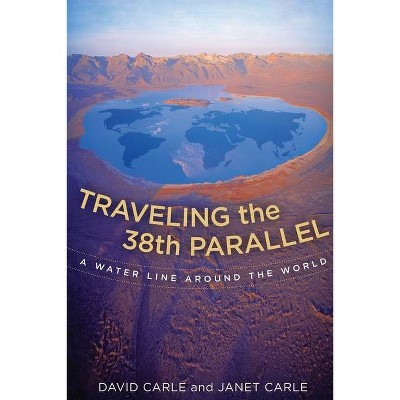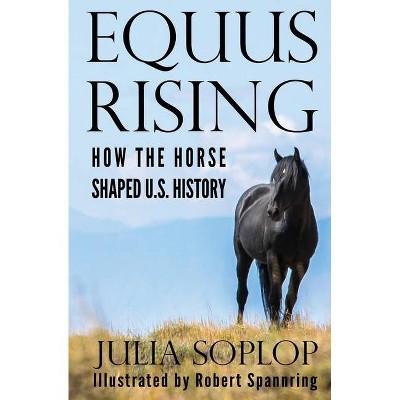Structured Decision Making - by Robin Gregory & Lee Failing & Michael Harstone & Graham Long & Tim McDaniels & Dan Ohlson (Paperback)
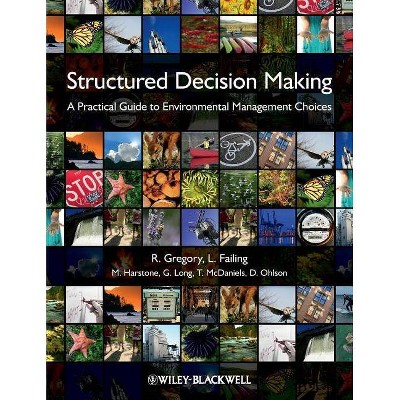
Similar Products
Products of same category from the store
AllProduct info
<p/><br></br><p><b> About the Book </b></p></br></br>"This book helps environmental managers frame natural resource management problems as decisions, so that difficult choices can be expressed clearly and in a way that is defensible and fits with common sense"--<p/><br></br><p><b> Book Synopsis </b></p></br></br>This book outlines the creative process of making environmental management decisions using the approach called <i>Structured Decision Making.</i> It is a short introductory guide to this popular form of decision making and is aimed at environmental managers and scientists. <i><br /> <br /> </i>This is a distinctly pragmatic label given to ways for helping individuals and groups think through tough multidimensional choices characterized by uncertain science, diverse stakeholders, and difficult tradeoffs. This is the everyday reality of environmental management, yet many important decisions currently are made on an ad hoc basis that lacks a solid value-based foundation, ignores key information, and results in selection of an inferior alternative. Making progress - in a way that is rigorous, inclusive, defensible and transparent - requires combining analytical methods drawn from the decision sciences and applied ecology with deliberative insights from cognitive psychology, facilitation and negotiation. <br /> <br /> The authors review key methods and discuss case-study examples based in their experiences in communities, boardrooms, and stakeholder meetings. The goal of this book is to lay out a compelling guide that will change how you think about making environmental decisions. <p>Visit www.wiley.com/go/gregory/sdm to access the figures and tables from the book.</p><p/><br></br><p><b> From the Back Cover </b></p></br></br>This book is about the creative and messy process of making environmental management decisions. The approach we describe is called <i>Structured Decision Making</i>, a distinctly pragmatic label given to ways for helping individuals and groups think through tough multidimensional choices characterized by uncertain science, diverse stakeholders, and difficult tradeoffs. This is the everyday reality of environmental management, yet many important decisions currently are made on an ad hoc basis that lacks a solid value-based foundation, ignores key information, and results in selection of an inferior alternative. Making progress - in a way that is rigorous, inclusive, defensible and transparent - requires combining analytical methods drawn from the decision sciences and applied ecology with deliberative insights from cognitive psychology, facilitation and negotiation. We review key methods and discuss case-study examples based in our experiences in communities, boardrooms, and stakeholder meetings. Our goal is to lay out a compelling guide that will change how you think about making environmental decisions.<p/><br></br><p><b> Review Quotes </b></p></br></br><br><p>"I recommend this book to anyone who must function at the interface between environmental science and decision making. Even if you do not have the opportunity to implement the full structured decision-making process, it will give you a better idea of how to think about your role and those of the other parties. The authors write clearly and forcefully." (<i>Integrated Environmental Assessment and Management (IEAM</i>), 1 October 2012)</p> "I highly recommend the groundbreaking and very accessible book <i><i>Structured Decision Making: A Practical Guide to Environmental Management Choices</i></i> by Robin Gregory, Lee Failing, Michael Harstone, Graham Long, Tim McDaniels, Dan Ohlson, to anyone in resource management, risk analysis, land use planning, industry leadership, environmental NGOs, facilitation and negotiation, government, policy making, academia, and undergraduate or graduate studies who is seeking a clear and concise approach to developing workable solutions to even the most challenging environmental problems." <b>(</b><i>Blog Business World</i>, 13 August 2012)<br><p/><br></br><p><b> About the Author </b></p></br></br><b>Robin Gregory</b>, Senior Researcher, Decision Research <p><b>Lee Failing</b>, Principal, Compass Resource Management</p> <p><b>Michael Harstone</b>, Principal, Compass Resource Management</p> <p><b>Graham Long</b>, Principal, Compass Resource Management</p> <p><b>Tim McDaniels</b>, University of British Columbia</p> <p><b>Dan Ohlson</b>, Principal, Compass Resource Management</p>
Price History
Cheapest price in the interval: 84.25 on November 8, 2021
Most expensive price in the interval: 84.25 on December 20, 2021
Price Archive shows prices from various stores, lets you see history and find the cheapest. There is no actual sale on the website. For all support, inquiry and suggestion messages communication@pricearchive.us
